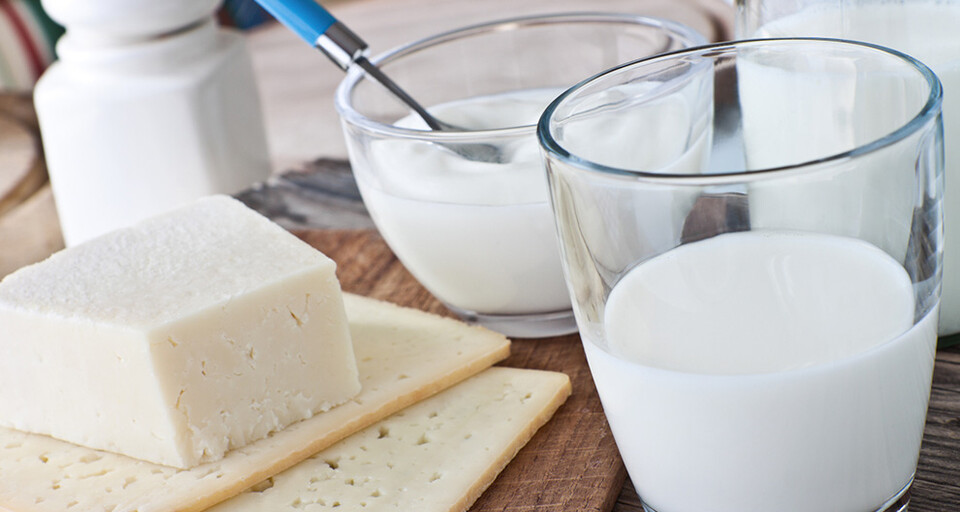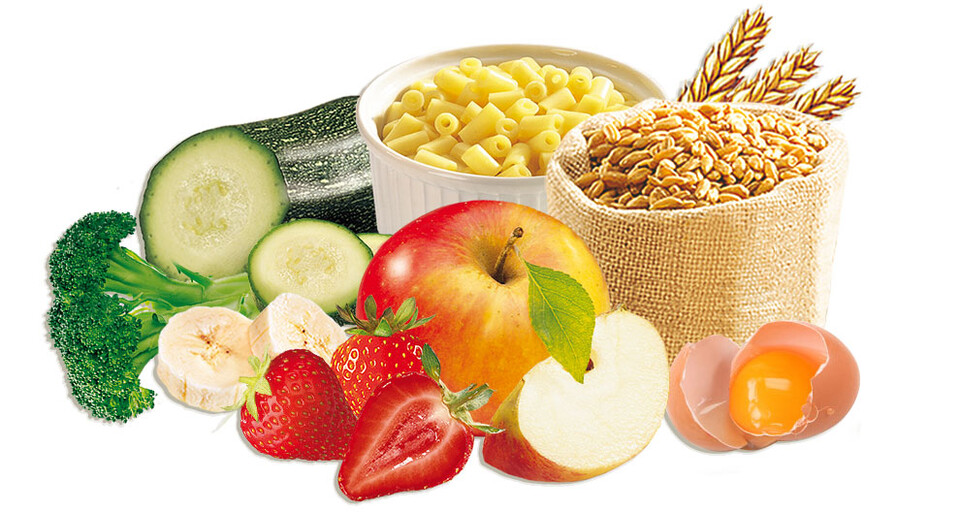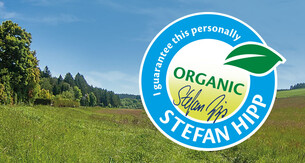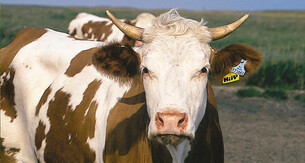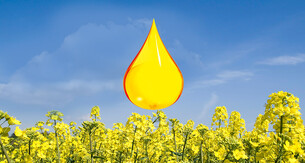Lactose is the main carbohydrate in the milk of mammals. It is one of the most important energy sources for the little one. During digestion, lactose reaches the small intestine, where it is split into its components glucose and galactose. Then these components enter the bloodstream through the intestinal wall and are used in the cells to produce energy. In addition, lactose supports the development of a healthy intestinal flora.
Only in very rare cases, lactose intolerance is innate. When a person grows older, however, the ability to digest lactose may get lost, a so-called “primary lactase deficiency” arises. This is the most common form of lactose intolerance and can lead to symptoms as early as childhood. In case of complaints you should definitely consult a doctor.


